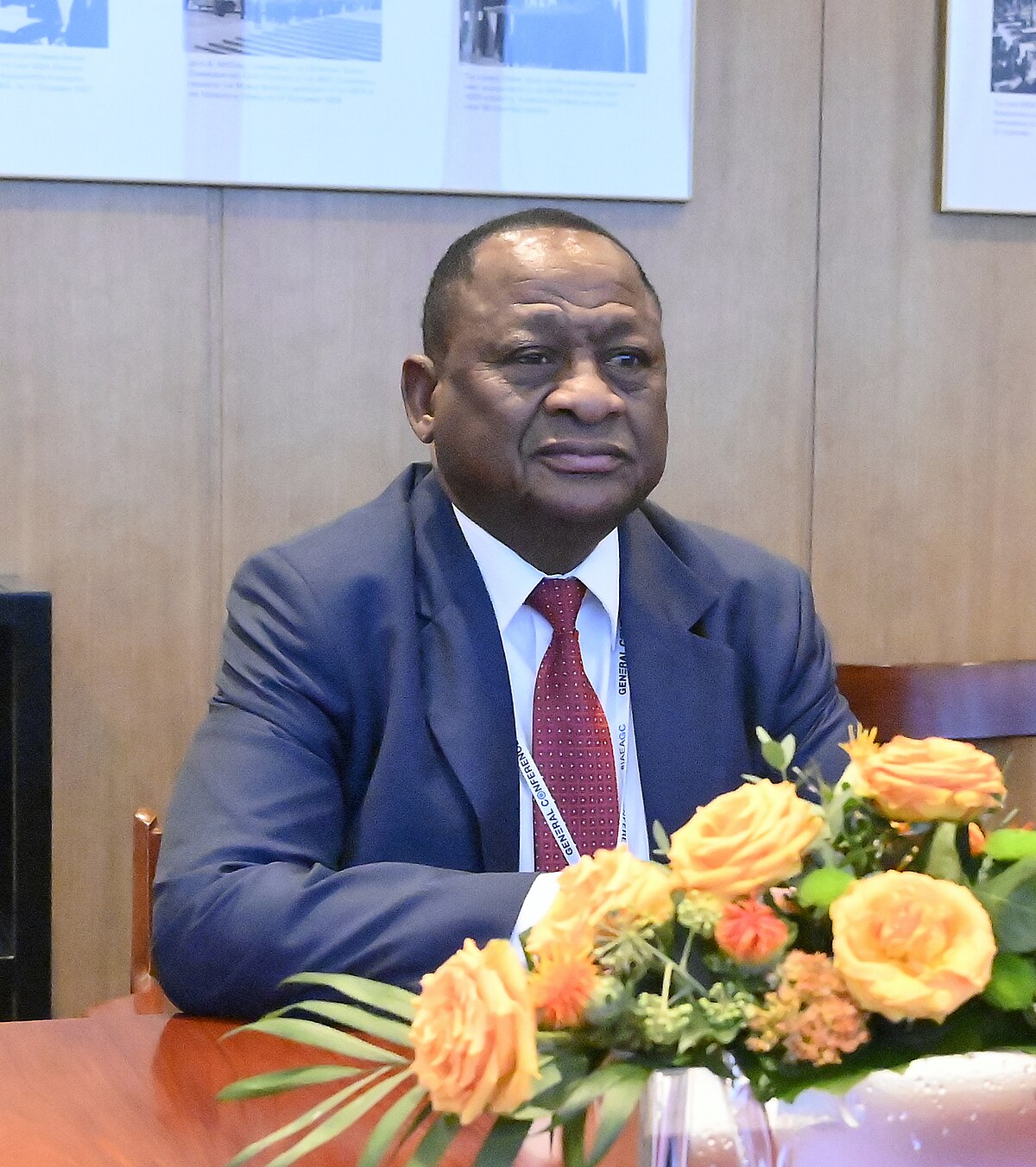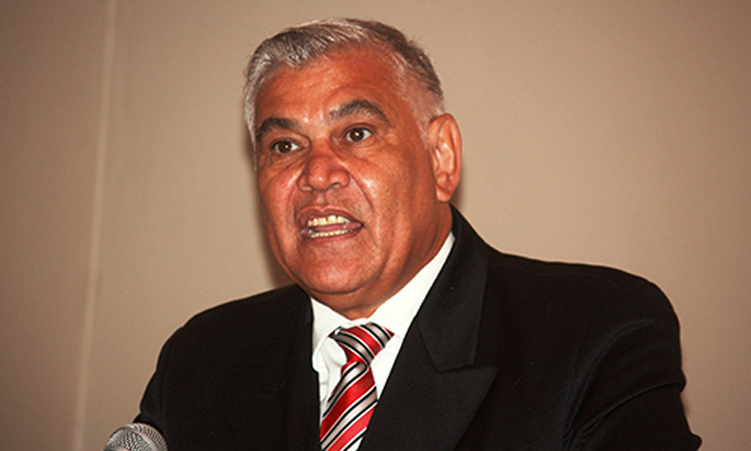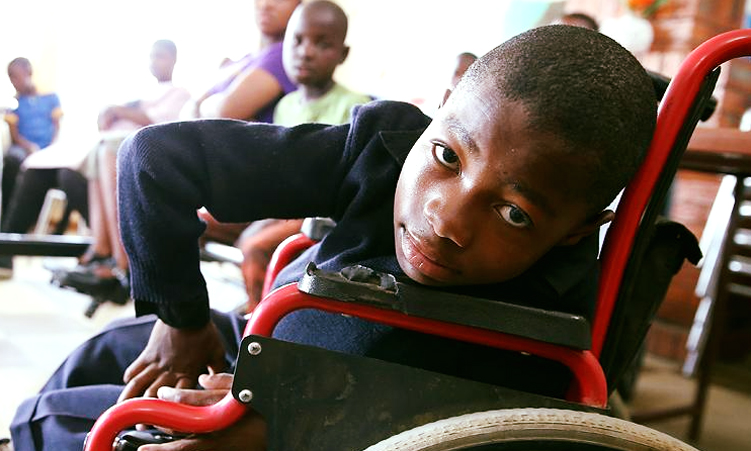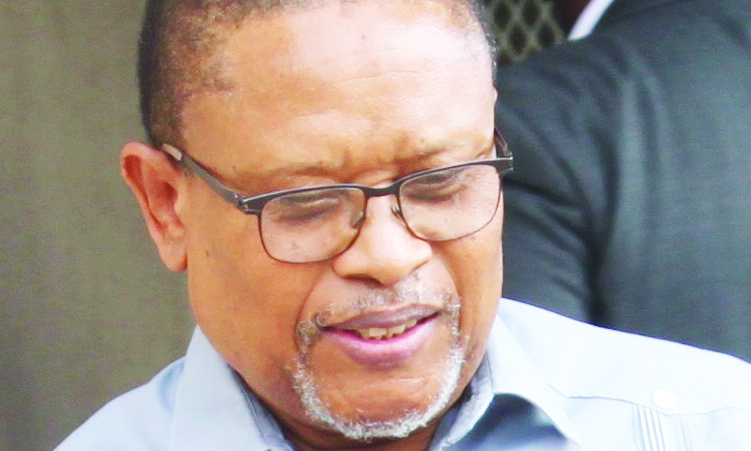PUBLIC hearings on the Child Status Bill are set to start next week.
The Bill was referred to the Parliamentary Standing Committee on Human Resources, Social and Community Development in March after serious controversy arose during the second reading debate, especially on rights to custody and children born from rape. The Bill seeks to grant equal rights to all children irrespective of whether or not they are born within marriage.”The input from the public is important because the Bill, if passed, will affect everybody, and it is therefore essential that we involve the public at large in making this law,” Elia Kaiyamo, Chairperson of the Committee, said on Friday.After nearly a month of countrywide hearings to gather public opinion and input, the Committee will have to report back to the National Assembly on the recommendations made for consideration as potential inclusions into, or amendments to, the Bill.In terms of the Bill, which has taken nearly 10 years of preparation, children born outside of marriage will have the right to maintain contact with both parents.Sole custody will be vested with the mother until the child turns seven years of age, when both parents will share this right.This, however, will not apply where the child has been born as a result of rape and the father has been convicted of this crime.The legislation also stipulates that both parents will share guardianship of their children, meaning that they would have equal decision-making powers relating to the administration of the child’s assets and business affairs.They would be permitted to exercise these rights independently of each other and without the need for agreement with “regard to certain matters” – but these are not specified.The Bill also places children born outside of marriage in the same position as other children to inherit from their parents.During debate in the National Assembly, parliamentarians took issue with the proposed custody arrangement, saying it discriminated against men.They were also in two minds on whether parents of children born outside of marriage should be granted equal guardianship and whether the surviving parent in the event of death should automatically become the sole custodian.Some MPs were also not satisfied that criminally convicted rapists be denied the rights to custody, guardianship or access to children if they had been rehabilitated.The first hearing will be held at Rehoboth on May 17, followed by Maltahöhe, Keetmanshoop, Karasburg, Gibeon and Stampriet.From May 23, hearings will be held at Otjinene, Okakarara, Outjo, Karibib and in Windhoek on May 27.On May 31, a meeting will be held at Tsumkwe, at Katima Mulilo on June 2, followed by Bukalo, Nkurenkuru, Rundu, Omuthiya, Okongo, Okalongo, Opuwo, Khorixas, Uis and the last two in Walvis Bay and Swakopmund on June 12.Members of the public can also submit written input to the Committee during that month.The Bill seeks to grant equal rights to all children irrespective of whether or not they are born within marriage.”The input from the public is important because the Bill, if passed, will affect everybody, and it is therefore essential that we involve the public at large in making this law,” Elia Kaiyamo, Chairperson of the Committee, said on Friday.After nearly a month of countrywide hearings to gather public opinion and input, the Committee will have to report back to the National Assembly on the recommendations made for consideration as potential inclusions into, or amendments to, the Bill.In terms of the Bill, which has taken nearly 10 years of preparation, children born outside of marriage will have the right to maintain contact with both parents.Sole custody will be vested with the mother until the child turns seven years of age, when both parents will share this right.This, however, will not apply where the child has been born as a result of rape and the father has been convicted of this crime.The legislation also stipulates that both parents will share guardianship of their children, meaning that they would have equal decision-making powers relating to the administration of the child’s assets and business affairs.They would be permitted to exercise these rights independently of each other and without the need for agreement with “regard to certain matters” – but these are not specified.The Bill also places children born outside of marriage in the same position as other children to inherit from their parents.During debate in the National Assembly, parliamentarians took issue with the proposed custody arrangement, saying it discriminated against men.They were also in two minds on whether parents of children born outside of marriage should be granted equal guardianship and whether the surviving parent in the event of death should automatically become the sole custodian.Some MPs were also not satisfied that criminally convicted rapists be denied the rights to custody, guardianship or access to children if they had been rehabilitated.The first hearing will be held at Rehoboth on May 17, followed by Maltahöhe, Keetmanshoop, Karasburg, Gibeon and Stampriet.From May 23, hearings will be held at Otjinene, Okakarara, Outjo, Karibib and in Windhoek on May 27.On May 31, a meeting will be held at Tsumkwe, at Katima Mulilo on June 2, followed by Bukalo, Nkurenkuru, Rundu, Omuthiya, Okongo, Okalongo, Opuwo, Khorixas, Uis and the last two in Walvis Bay and Swakopmund on June 12.Members of the public can also submit written input to the Committee during that month.
Stay informed with The Namibian – your source for credible journalism. Get in-depth reporting and opinions for
only N$85 a month. Invest in journalism, invest in democracy –
Subscribe Now!






